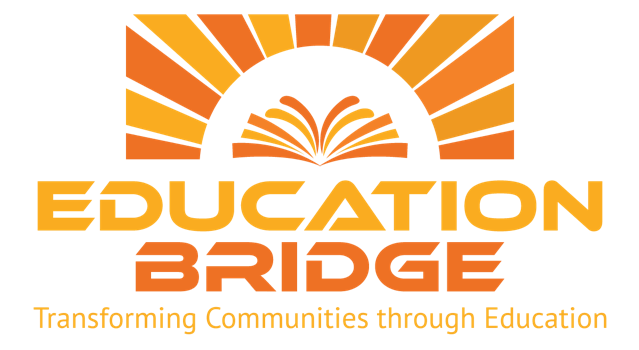
We are building a network of world-class, home-grown schools to educate 3,500 peacemakers and leaders by 2030.
Why Does Education Matter?
-
Education Combats Poverty
76% of the South Sudanese population lives in poverty, according to the World Bank. Quality education gives people the knowledge, skills and job opportunities to lift themselves and their families out of the cycle of poverty.
-
Education Breaks Stereotypes
South Sudan has been plagued by civil war and communal conflict since 2013. Education equips people to think critically; to challenge gender, ethnic and cultural stereotypes and to build bridges for harmonious living.
-
Education Promotes Democracy
More than 70% of the population above the age of 15 in South Sudan is illiterate. Education builds understanding of democratic values; it develops critical thinking which enable people to distinguish truth from opinion.

Our Schools' Focus
We strive to inspire and educate a generation of peacemakers and transformational leaders for South Sudan. The three pillars of our schools are:
1. Academic Excellence
We provide an integrated curriculum, which combined South Sudan’s national curriculum with Ugandan and Kenyan curricula, to promote rigorous intellectual growth and college readiness.
2. Innovative peace education
We use a unique leadership and conflict transformation curriculum to develop young people with the beliefs, values, attitudes, knowledge and skills for living harmoniously.
3. Leadership development
We use a unique leadership and conflict transformation curriculum to develop young people with a sense of responsibility; and with knowledge and skills for effective leadership.
“Education is the most powerful weapon which you can use to change the world.” —Nelson Mandela
Yet in South Sudan, more than 2.8 million children, nearly 70% of school aged children are out of school according to UNICEF. Enrolment rates are worst in secondary level. Secondary school gross enrolment rate was reported to be 7.9% in 2018 by the ministry of education. Years of violent conflict and consequent destruction, displacement & poverty are the key factors driving this crisis.
Without an effective intervention, South Sudan may continue to wander in violence and poverty for many years. Education is the road to peace and prosperity.

In 2021, Greenbelt Academy-Bor, our inaugural school, was the highest ranked school in the country.
Greenbelt Academy-Bor opened in February 6th, 2017 with just 200 students. The school currently serve more than 500 students in grades 9-12. The school has become a model for academic excellence nationally. In 2021, it was ranked the top school nationally based on its performance in standardised national exam.
Greenbelt Academy - Bor’s alumni have gone on to win Rise Global Award; admission to the African Leadership Academy (ALA) and other prestigious merit-based scholarship including to the University of North Carolina and the University of Notre Dame. Through our schools, many students including girls whose education is neglected have the opportunity to access quality education.
We promote girl’s education in a country where less than 5% of girls graduate from high school
We enable access to quality secondary education in a country with 70% of children are out of school
We opened our 2nd school in Juba, Central Equatoria (CE) in May 2022. Our goal is to build a network of 5 schools across the country by 2030 that will enable us to educate 3,500 young peacemakers and transformational leaders. We firmly believe that an educated youth is our best hope for a flourishing South Sudan. We see a big opportunity in the youth who make up 74% of South Sudan. We recognize that with quality education, these young men and women can change their live and communities. You can join us to drive this change together.
South Sudan has some of the lowest educational indicators in the world. It is reported that 2.8 million children (70%) were out of school in 2020. This is likely the highest proportion of out of school children in the world. These indicators are even worse for girls. According to the World Bank, it is estimated that only five girls per ten boys enroll in secondary education. Education Bridge seeks to change this. Through our Girls Education Fund, we are able provide scholarships for girls to attend our schools and to implement other projects to change the narrative on girls education.





